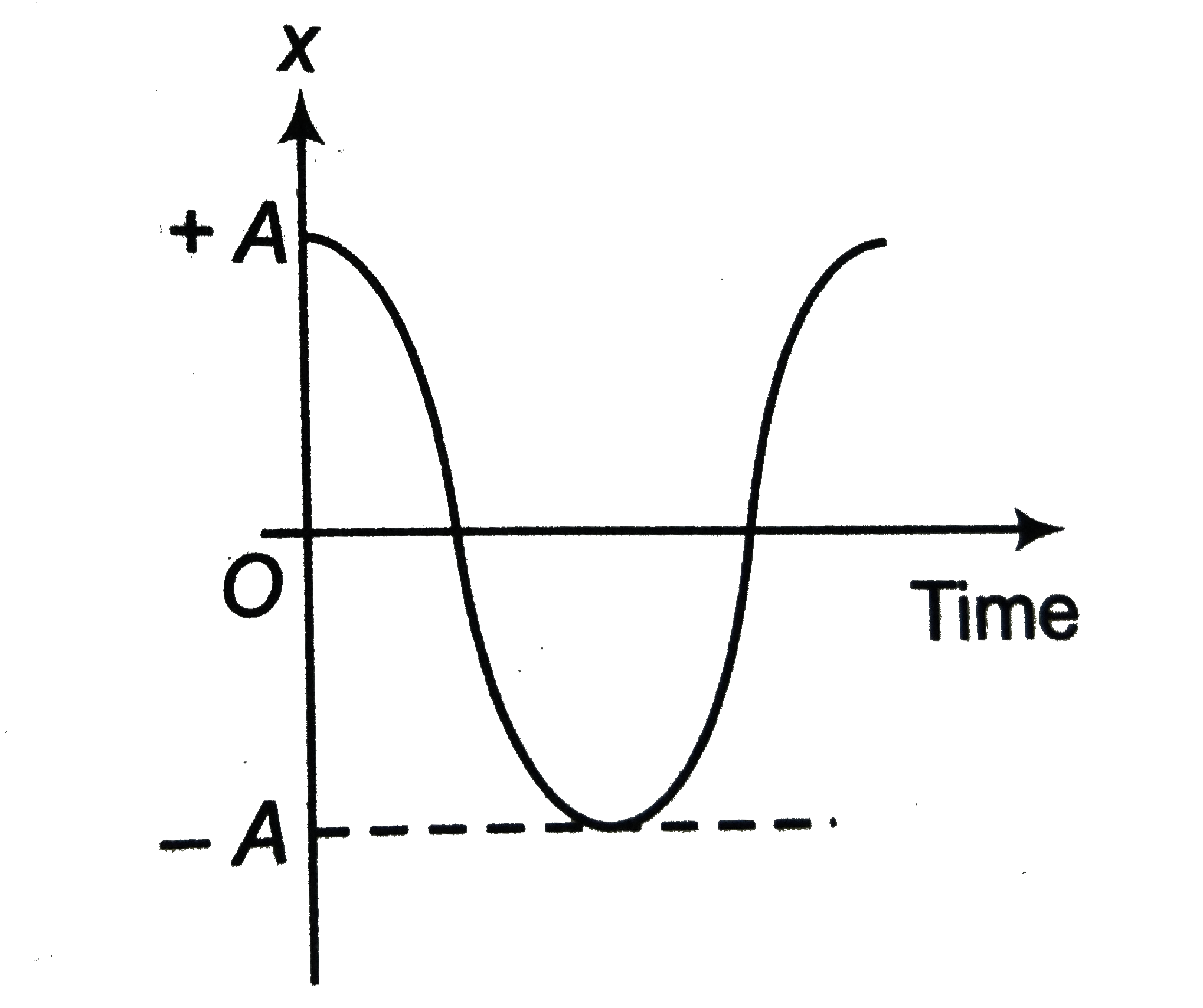Complex formed at the time of action of T-cells is
HLA
STD antigen complex
HLA antigen complex
MHC antigen complex
The correct Answer is:D
To solve the question regarding the complex formed at the time of the action of T-cells, we will follow these steps:
1. Understanding T-cell Function: T-cells, or T-lymphocytes, are a type of white blood cell that plays a crucial role in the immune response. They cannot recognize free-floating antigens directly.
Hint: Remember that T-cells require assistance to recognize antigens.
2. Role of Antigen-Presenting Cells (APCs): When an antigen enters the body, it is processed by antigen-presenting cells (APCs) such as macrophages, B-cells, and dendritic cells. These cells take up the antigen, process it, and present it on their surface.
Hint: Think about which cells are responsible for presenting antigens to T-cells.
3. Major Histocompatibility Complex (MHC): The processed antigen is then bound to a molecule on the surface of the APC known as the Major Histocompatibility Complex (MHC). This complex is crucial for T-cell activation.
Hint: MHC is a key player in the immune response; it helps T-cells recognize antigens.
4. Interaction with T-cell Receptor (TCR): The MHC-antigen complex interacts with the T-cell receptor (TCR) on the surface of T-cells. This interaction is essential for the T-cell to recognize the antigen and initiate an immune response.
Hint: Focus on the interaction between MHC and TCR as the critical step in T-cell activation.
5. Identifying the Correct Answer: The question asks for the complex formed during the action of T-cells. The correct answer is the MHC-antigen complex, as it is the specific complex that facilitates T-cell activation.
Hint: Look for the term that encompasses the interaction between MHC and the antigen presented by APCs.
Final Answer:
The complex formed at the time of action of T-cells is the MHC antigen complex.
The complex formed at the time of action of T-cells is the MHC antigen complex.
Similar Questions
Explain the mechanism of action of T cells to antigens.
View SolutionComplexes formed in the cyanide process are:
View SolutionComplex forming tendency is more for-
View SolutionThe complex formed of centriole and kinoplasm called as
View SolutionExplain the mode of action of B-lymphocytes and T-lymphocytes.
View SolutionWhich of the following bonds are formed by the action of DNA ligase ?
View SolutionThe displacement - time (x−t) graph of a particle executing simple harmonic motion is shown in figure. The correct variation of net force F action on the particle as a function of time is

View SolutionPygostyle is complex formed by fusion of
View SolutionA black sulphide is formed by the action of H2S on
View SolutionSecondary messengers are required for action on target cells by hormone
View Solution
